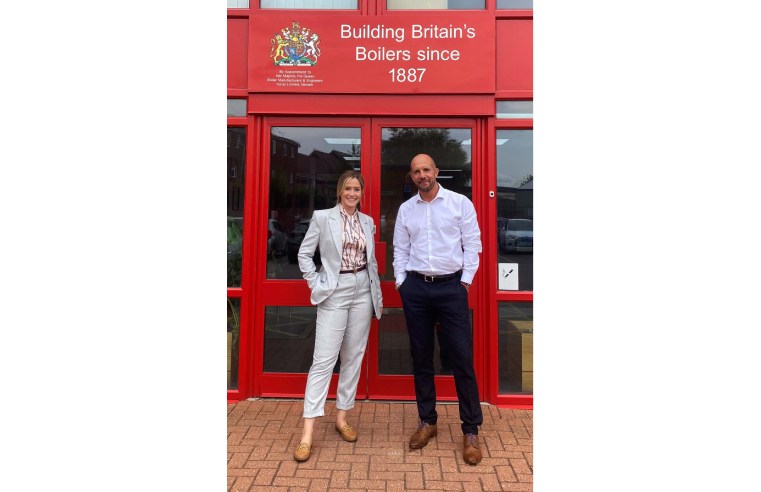Leading FM companies have demonstrated real progress in sustainability but there must be more transparency around net zero, according to the Sustainable Facilities Management Index (SFMI).
Five FM services providers have achieved a Platinum score in the 2021 SFMI. VINCI Facilities, Skanska, Bouygues Energies & Services, Mite and Equans (formerly Engie) all achieved an 85+ rating in assessments, demonstrating their commitment to sustainability in the sector.
Run by sustainability consultancy Acclaro Advisory, the SFMI is the only sustainability benchmark for the UK FM sector. Now in its ninth year, the SFMI assesses the environmental, social and governance (ESG) performance of FM service providers annually. Acclaro’s team conducts independent assessments across 23 criteria, including sustainability frameworks, management systems, social value, energy, water, compliance, health & safety, employee development, diversity and more.
2021 has been a year of challenges and discovery for the FM sector. Almost two years after Covid-19 emerged, facilities management’s role has shifted from crisis mode to strategic planning. Businesses now need their FM teams to help make sense of the built environment and the workplace after the pandemic, and the FM sector is working out how it must position itself in the market.
Against this backdrop, the 2021 assessments revealed that FM organisations are making progress across the three ESG pillars at an operational level, introducing sustainability on the ground, both internally and externally. However, outside of a select few leaders, FM organisations have struggled to make any headway at a strategic level.
Key operational level findings include:
•Zero carbon ¬– FM companies have made net zero commitments, a trend driven by growing legislative and corporate pressure. But there is a lack of transparency and targets vary significantly across the industry.
•Biodiversity – FM service providers have made progress in this area in 2021 as they have been able to demonstrate success to customers.
•Social value – General improvements in this category have been driven by increasing client demand and stakeholder reputation. But FM companies still find measuring social value challenging.
•Transport – Significant progress in this category is due to a growing number of electric vehicle (EV) initiatives. While government legislation is pushing this forward, large commercial internal combustion engine vehicles and supply chain issues remain roadblocks.
Key strategic level findings include:
•Finance – FM companies have a gap in knowledge when it comes to the link between finance and sustainability, and how sustainability-related risk should impact decision-making.
•Risk management – FM companies understand risk at an enterprise level but struggle to thread this knowledge into contracts so that everyone benefits.
•Business models – FM companies are implementing two core sustainability-related business models: either specialising in niche initiatives such as EV chargers or developing consultancy services that enables them manage sustainability projects from beginning to end.
•Disclosure and values alignment – Leading FM organisations have begun to disclose important sustainability information, but the sector generally must aim for more consistency in disclosure to help create a much-needed standard for everyone.
In addition to these, the 2021 SFMI assessments revealed a need for progress in supply chain sustainability. Clearly, FM organisations understand that genuine progress requires action across the supply chain – especially when it comes to reducing overall emissions for net zero targets – but there is still the need for guidance on a targeted strategic and transparent approach in this area.
Chris Havers, SFMI Programme Director, said: “FM organisations continue to excel at implementing sustainability at an operational level, improving performance in areas such as zero carbon and transport internally and for customers. But we are entering a pivotal time for the planet and, if the FM sector is to play its part, FM organisations must be more transparent and disclose their approaches to key issues including net zero and social value. There is also a need for guidance on supply chain sustainability targets.
“The solution is to create transparency and consistency in areas such as measurement to develop sustainability standards that the whole industry can follow – something the SFMI is wholeheartedly committed to.”



































